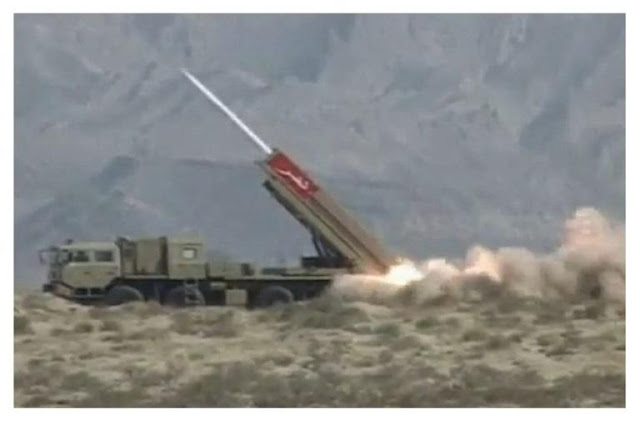Here is something from my timeline:
“@
saeedshah Sana Bucha’s column also lifted the headline and the “sulk” theme from my Economist piece”
Its just highlights disappointing and unfortunate standard of our media that a renowned anchor would plagiarise this blatantly in a national newspaper. I guess the quotes speak for themselves.
Its probably a sign of laziness that she didn’t even bother to think of a different title.
Original Article “In a sulk” – Sana’s Article -”When ‘incredibles’ sulk!”
EVEN at the best of times it would have seemed unusual for America’s embassy in Islamabad to organise its recent gathering for “gay, lesbian, bisexual and transgender” people. Given the grim state of bilateral relations, the meeting looked downright provocative. Some in Pakistan’s religiously conservative society promptly accused America of conspiring to attack them by spreading outrageously liberal sexual views. One Islamic political party called it “cultural terrorism”.
Even at the best of times between Pakistan and the US it would seem unusual for the latter’s embassy in Islamabad to organise a recent gathering for homosexuals. While some in the country accused the US of conspiring to contaminate our so-called conservative society, another political party dismissed this vulgarity as “cultural terrorism”
What Ms. Bucha has done, while immoral, is far from being rare. In fact there is no thought paid to intellectual property rights of the authors of works, that are infringed by Media broadcasters and producers every day.
In past, a friend’s Picture was taken from his flickr account and shown in a video, without even an acknowledgement of the photographer (and in process at least help his cause), let alone pay royalties. That was done by Geo, Ms. Bucha’s employer and owned by same group that also owns The News. However Geo isn’t alone in this. Everyday you hear/see snippets of Bollywood music being played by tv channels, whenever it suits them.
I have little doubt that they never pay royalties. Though under the Berne Convention, Pakistan is duty bound to provide same protection to Bollywood songs, as it would to domestically produced content, but due to lack of prosecution there are no legal consequences and so the channels don’t bother with such ‘formalities’ like royalties because that would just be a chunk of profit going to someone else for no reason at all.
Then again, as incident with my friend or countless other infringements of local content show, there is no real protection for domestic producers either. Not many know of their legal rights, little legal representation and some are just happy to be noticed & published – though without proper acknowledgment there is very little gain for the author. But while there is no legal sanction, shouldn’t there be a moral duty for these large corporations to provide some royalties to people whose labour they utilise on broadcast television?
Morality is not the primary concern for many of these corporations interested in the bottom-line. I needn’t remind anyone that many of these organisations never tire out reminding others of their moral and ethical duties, be that President’s ethical duty not to hold Party office or to face cases even while he is constitutionally protected; Or Politicians or Bureaucrats who have failed to do what was expected of them. Talk about The pot calling the kettle black.
A separate legal Issue with Plagiarism is that, if done smartly, its not even a copyright infringement. However, I would argue that in this case Ms. Bucha has done enough to make it a copyright infringement. It wouldn’t be too difficult for the Economist to sue The News and Ms. Bucha, and probably create a bit of legal history. But it’s more likely that not much would happen, as always.
Would Ms. Bucha again highlight her virtues with a straight face, as she does in the interview sent to me by a friend, who prior to this incident was an avid fan of hers. Professionalism, ma’am includes being creative and not copying of other’s work.
I may sound harsh, but fact is Plagiarism or copyright infringement in Pakistan is not seen seriously enough, as they should be. It should be Author’s right how a work is distributed, if they decide that their work may be copied and used without royalties or even acknowledgement, then so be it. However it is not for large corporations and highly paid and powerful professionals to milk other’s hard work – that’s just not on!
Interview with Ms. Bucha, please see from 5:30 onwards
Post Published: 20 July 2011
Author: Sindhyar Talpur
Found in section:
Original Articles

















